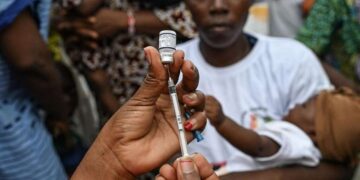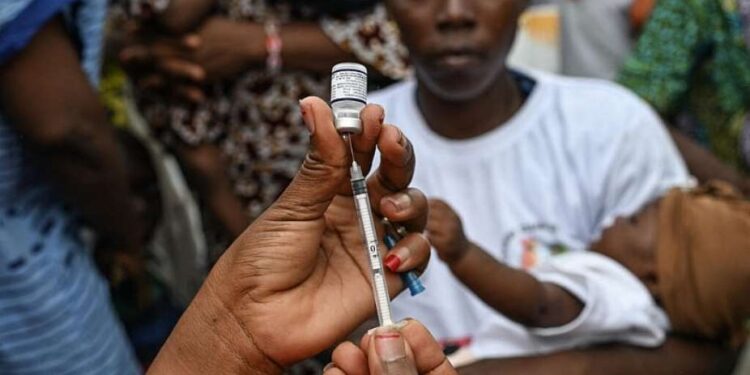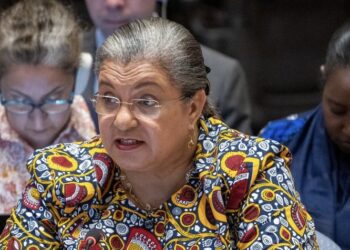By John Ikani
Niger has joined the ranks of West African nations implementing malaria vaccines, a strategic move to combat the deadly disease.
In a nationwide campaign launched last week, Niamey began administering the vaccine in Gaya, a region notorious for its high malaria prevalence.
According to the World Health Organization (WHO), malaria remains a formidable global health threat, claiming over 600,000 lives in 2022, with 95% of these deaths occurring in Africa, primarily among children under five.
Niger’s adoption of the RTS,S vaccine, developed by the British pharmaceutical giant GSK, marks a significant milestone in the country’s fight against malaria.
The vaccine, which has been shown to reduce the risk of severe malaria by up to 75%, is now part of Niger’s routine immunization program.
Health Minister Garba Hakimi expressed optimism about the vaccine’s potential to lower child mortality rates, as malaria accounts for a substantial portion of child deaths in Niger.
The country’s annual malaria burden is staggering, with millions of cases reported each year and thousands of lives lost.
In addition to the vaccination campaign, Niger is reinforcing its existing malaria control measures, including the distribution of mosquito nets and the administration of preventive medication.
The introduction of the malaria vaccine in Niger aligns with the efforts of other West African countries, such as Cameroon, Ivory Coast, Ghana, Nigeria, Burkina Faso, and the Central African Republic, which have also authorized its use.
The RTS,S vaccine, along with the R21/Matrix-M vaccine developed by the Serum Institute of India, are the only two malaria vaccines currently recommended by WHO for children.


































